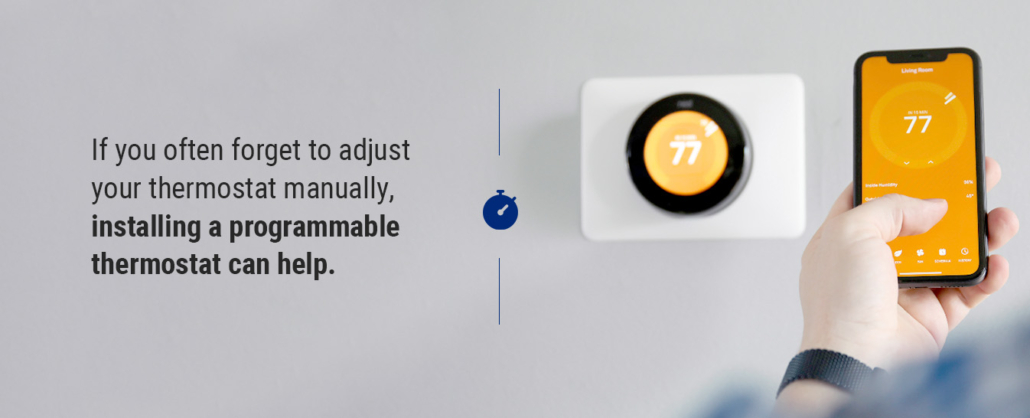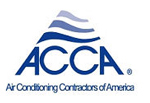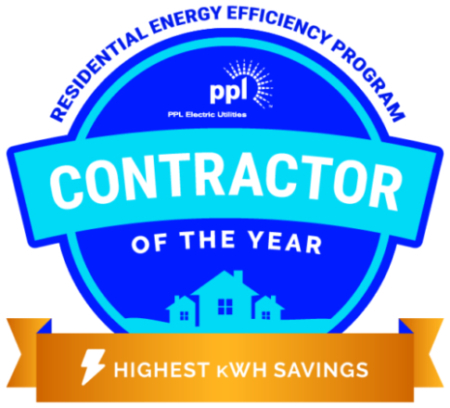5 Easy Ways To Save Energy This Fall and Winter
Between Halloween dress-up, hot chocolate and holiday cheer, fall and winter are two seasons that many people look forward to throughout the year. However, along with the shorter days and chilly breezes comes a heftier energy bill. While you want to keep yourself warm as the seasons change, you also want to ensure your bill doesn’t skyrocket. Fortunately, you can use our tips to decrease energy costs throughout the colder seasons.
Keep reading to learn cost-effective, eco-conscious fall and winter home heating tips!
Why Is Saving Energy Important?
There are a few reasons why saving on home energy matters, especially in the fall and winter.
First, reducing the amount of energy your household uses directly correlates with your carbon footprint. Most home heating systems use gas or electricity to disperse heat throughout each room. Excessive energy use, especially during the heating months, directly contributes to greenhouse gas emissions. To make the most of your home’s system, energy-saving actions matter.
Furthermore, using energy-saving solutions helps you save money. While the average monthly energy bill depends on factors like location, you may spend hundreds on your bill every month without making changes. If you want to reduce how much you spend on heating costs, energy-saving tips will make a significant difference.
How old is your furnace? If you don’t implement certain energy-saving measures during the fall and winter, you could accidentally force your furnace to work too hard. As cold air comes inside your home, your furnace has to push itself to keep the house at the right temperature. This may mean having to replace your furnace early, which can be costly and inconvenient, especially in the dead of winter.
Below, you’ll find several ways to reduce how much energy you use in the fall and winter.
1. Check for Leaks and Cracks
A few simple fixes in your home can go a long way in helping you keep warm during the colder months. Take a few minutes to examine your doors, windows, flooring and fireplaces, looking for leaks, gaps and cracks while you go. At these points in your home, cold air can come inside and warm air can escape outside, which increases your energy bill.
If you feel any cold air coming inside or notice sunlight coming inside, you likely have gaps that need to be filled. Often weather-stripping is effective for mending leaks and filling cracks around windows and doors. However, you may also need to use caulk to fill any holes. Regarding fireplaces, ensure the damper is shut when not in use, as warm air can easily depart from your chimney this way.
2. Turn Your Thermostat Down
When you’re not using it, especially when you’re away or at night, it’s an excellent idea to turn your thermostat down a couple of degrees. This energy-saving heating tip could possibly save you 10% on your energy bills, which makes a difference year after year. If you often forget to adjust your thermostat manually, installing a programmable thermostat can help, as you can set it to turn on and off at certain times of the day.

3. Use Devices and Appliances Efficiently
Because many of us spend so much time at home in the colder months, adjusting how we use our appliances and technology will likely make a difference in how much we save on home heating:
- Use energy-saving mode: For devices, equipment and appliances, energy-saving mode can make a difference. This could work for your refrigerator, lights, water heater and dishwasher. Search for settings called “low power mode” or an iteration of that to switch it on.
- Wash with cold water: Set your washing machine temperature to cold instead of hot. Unless you’re washing heavily soiled clothing or want to kill germs, using cold water to wash your clothes won’t make a difference in how clean they get. As a result, you save energy and money.
- Keep the oven door shut: Try not to open the oven door while cooking and baking. This drops the temperature each time, causing your meal to take longer in the oven, and increases energy use. When you’re done using the oven, consider leaving the door cracked while it cools down to add some heat to the room — just be sure no one can access the oven at that point.
- Lower your water heater temperature: Simply changing your water heater’s temperature from 140 degrees to 120 degrees can potentially save you up to hundreds of dollars a year — and you probably won’t notice the difference in how the water feels when you shower.
- Turn off lights when not in use: Do you tend to leave the lights on as you move from room to room? Try to knock that habit to save even more money on your electric bill. Also, LED light bulbs have become more affordable and will aid in decreased energy consumption versus traditional incandescent or fluorescent bulbs.
4. Check and Change Your Air Filters
It’s an excellent idea to replace your air filters regularly, as doing so ensures your heating, ventilation and air conditioning (HVAC) system is working without additional airflow blockage. Obstructed airflow forces your system to work harder, raising your bill and reducing its lifespan. If you’re unsure what changing the air filters involves, be sure to contact a professional.
5. Maintain Your HVAC System
When was the last time you checked on your home’s HVAC system? It may make a significant difference in your energy bill to have a professional take a look. If there’s anything wrong with your furnace or another component, you’ll want to fix it as soon as possible to ensure you have reliable heat throughout the winter. This could also be a great time to ask specific questions about how to improve your system to save money.
Contact Zimmerman for Expert HVAC Services and Repairs
When heading into the colder seasons, it’s crucial to ensure your home is prepared to take on the chilly weather — and that includes your HVAC system. Zimmerman Plumbing, Heating & Air Conditioning is here to help you achieve home energy savings in Central PA. Whether you need heating services or other HVAC help, our professional team has you covered.












